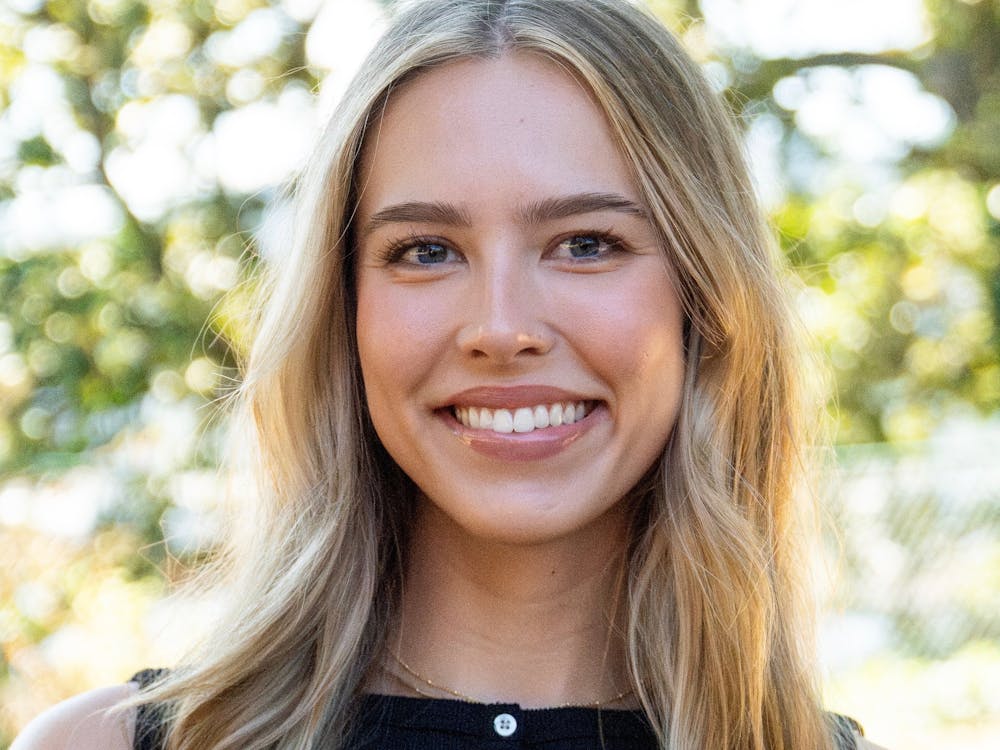by Hope Dorman |
Defining mental illness seems relatively easy: when something’s not right in your head. We’re quick to think of mental illness with clear examples like suicidal thoughts or the homeless person downtown who is talking to themselves. Of course, these are very real. But of course, like many things in life, mental illness doesn’t have black and white definitions.
This gray area can cause problems when people use words like “I’m depressed” to mean they are sad or “I have anxiety” when they might just be nervous for a test. While these feelings are also totally valid, the vocabulary used can be harmful. It reduces the strength of the word, so people who suffer from clinical depression or anxiety might not be taken seriously. However, on the flipside, using strong vocabulary for legitimate but not critical problems might dissuade people who need help from getting it, because they don’t see themselves as mentally ill “enough.”
I personally experienced this last school year when I needed to see a therapist for help with body image issues. I had started using a calorie counting app to help me manage my portion sizes, and while it helped for about a month, I became obsessed with it and made it become a core part of my being. I went from being happy that I was eating healthier to seeing numbers of calories as I painstakingly measured cottage cheese and feeling guilty for having hot chocolate. I knew I wasn’t anorexic or bulimic, so I thought I was fine.
But about six months after downloading the app, I realized I was spending way too much of my time thinking about my body and food, and all of these feelings were negative. I realized I needed help, started working with a therapist in the Health Center and made good progress on how I felt about myself.
Luckily, I was able to identify the point in which I needed help. Others are not so lucky.
I think a large part of this is because with the recent discussion of mental health issues, some of the examples are on the extreme end. However, there is a large gray area where smaller issues turn into bigger issues, and these are totally valid. It can be hard to make the decision to talk about problems because it’s not easy admitting to yourself that you even have a problem.
I’d really urge people to think strongly whenever there is a recurring issue in their life, and to reach out for help. Sometimes guidance from friends or family isn’t enough, and in that case there are plenty of resources on this campus for problems both big and small. If you’re not sure how serious the issue is, start with one of the staff members on campus and they will point you in the right direction. Don’t worry about feeling like you need to have a label or a certain set of symptoms to “qualify” for getting help. By taking steps to solve smaller problems, it may help prevent a situation from escalating into a major problem.
We all struggle. Let’s struggle together.
Hope Dorman is a senior English major and can be reached at dorman16@up.edu. Hope is a member of Active Minds, a group on campus dedicated to educating our community about mental health and demonstrating that people are not alone in their mental health struggles.
Active Minds Podast
[audio mp3="http://www.upbeacon.com/wp-content/uploads/2015/11/Hope-Dorman-mp3.mp3"][/audio]
Mental Health Resources:
UP Health and Counseling Center: 503-943-7134
Multnomah Mental Health Crisis Line: 503-988-4888
Active Minds: activemindsup@gmail.com or facebook.com/activemindsatup







